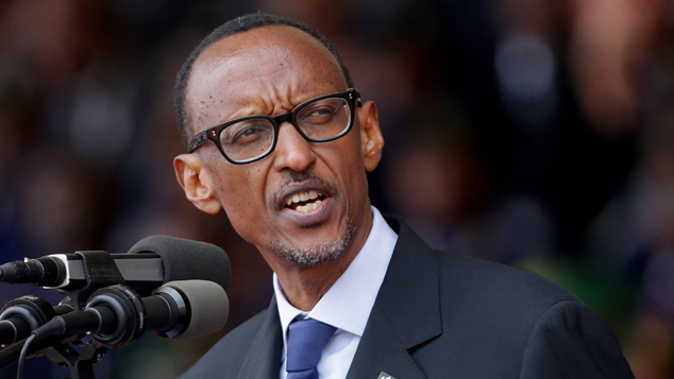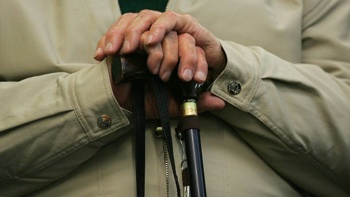
Rwandan investigators have urged the government to take action against the BBC and ban its radio programs over a controversial documentary questioning official versions of the 1994 genocide.
The probe led by the country's former top prosecutor Martin Ngoga found the British broadcaster broke Rwandan law on genocide denial in its report on the massacres that left around 800,000 dead.
The BBC has rejected all the accusations against it.
"The BBC, in general abused press freedom and free speech, violated its own editorial guidelines (and) transgressed journalistic standards," Ngoga said. Rwanda should "initiate criminal and civil process to deal with identified offences", he added.
The focus of the probe was the program Rwanda, The Untold Story which was broadcast on the BBC's second television channel, BBC2, in October 2014 and highlighted criticism over Rwandan president Paul Kagame's alleged role in events.
The program revived allegations that his Rwanda Patriotic Front (RPF) - then a rebel group, now the ruling political party - was behind downing a plane carrying the country's then Hutu president that triggered the genocide against the primarily Tutsi victims.
The Ngoga-led probe also recommended the country terminate the agreement that allows the BBC to broadcast on Rwanda's airwaves. BBC radio services in the local Kinyarwanda language have been blocked since the program was broadcast.
If the BBC wants to resume broadcasting in Rwanda it must promise better conduct, Ngoga said.
"The government should require the BBC to commit to adhering to not only agreed professional and legal principles, but also in practice, in the letter and the spirit of the agreement," he added.
Advocacy group Reporters Without Borders termed the recommendations "disproportionate" and questioned why radio broadcasts were cut off when the documentary was broadcast on television.
The head of Rwanda's Utilities Regulatory Authority (RURA) said regulators would carefully study the results of the probe before deciding the best course of action.
Prominent international academics, experts and diplomats have also accused the BBC of being "recklessly irresponsible" by allegedly promoting a revisionist account of the genocide in the documentary, notably by questioning the number of Tutsis who were killed.
The BBC, one of the country's most popular broadcasters, has said previously that the program in "no way" sought "to downplay or conceal the horrifying events of 1994" and subsequent events.
Take your Radio, Podcasts and Music with you









